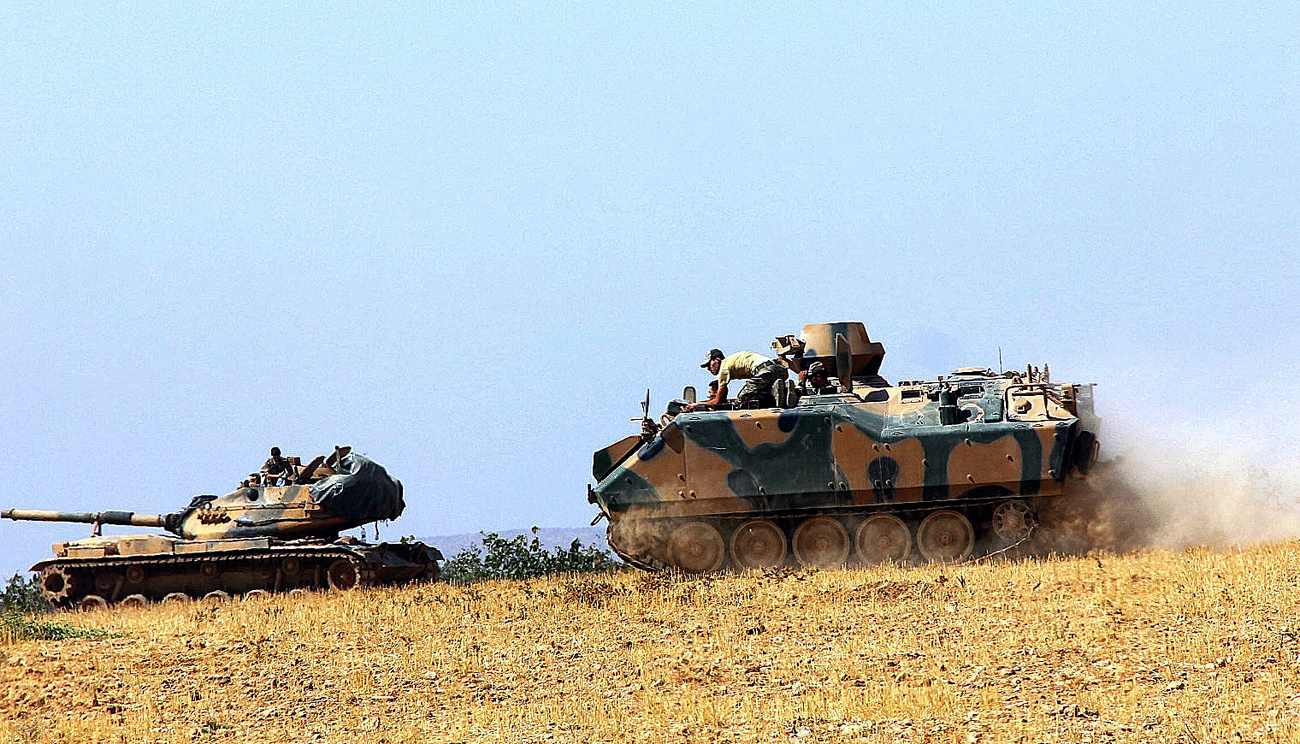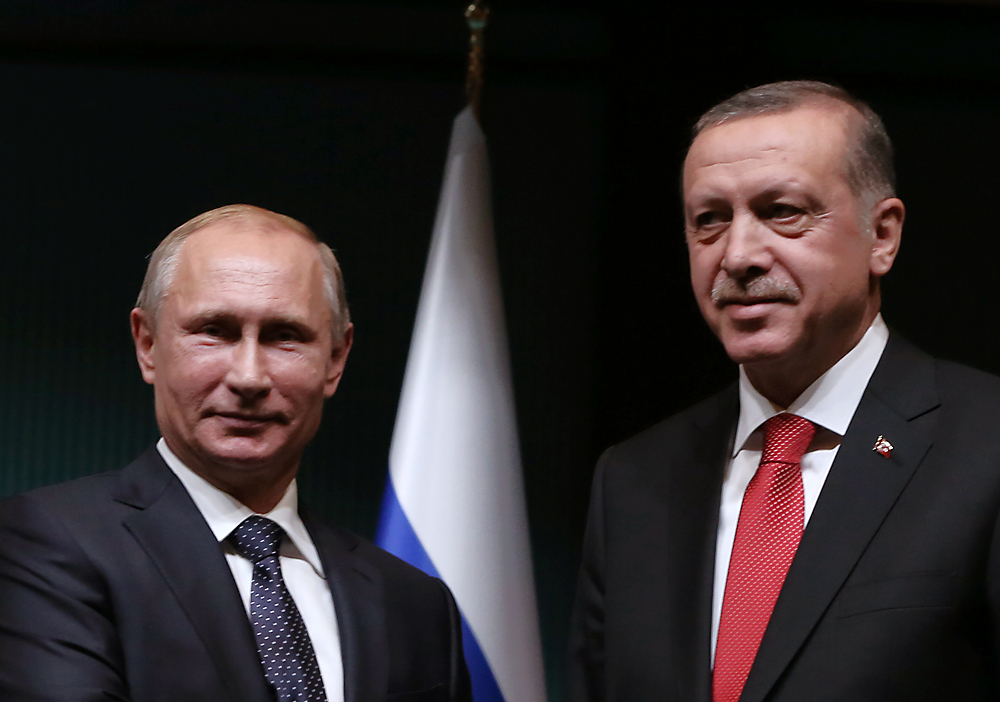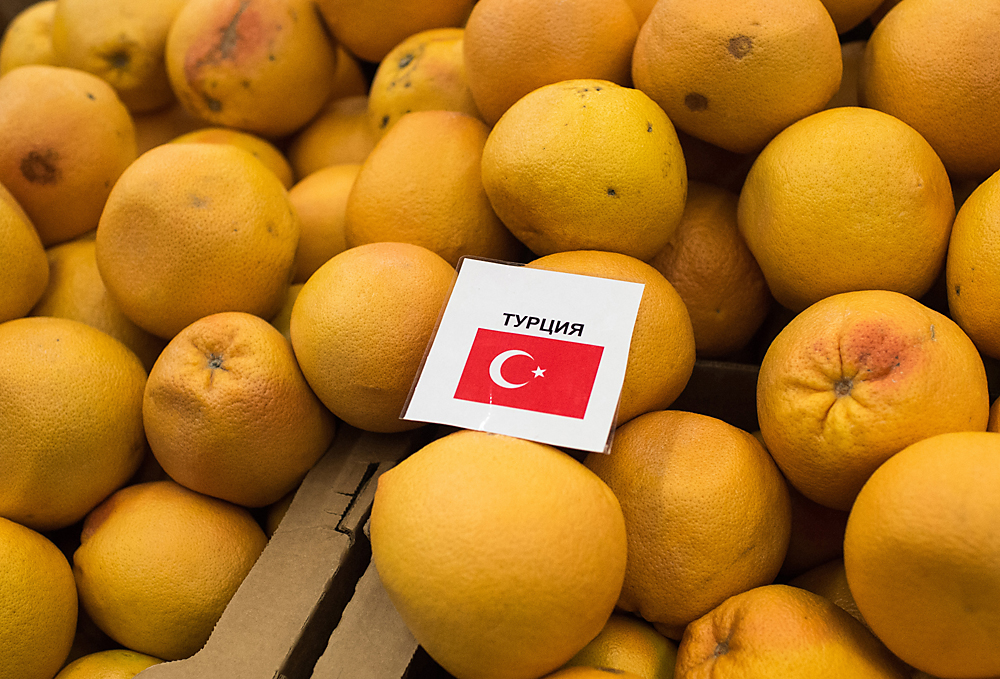Could Syria cause a Russian-Turkish rift, again?

A Turkish army tank and an armored vehicle are stationed near the border with Syria, in Karkamis, Turkey.
APRelations between Russia and Turkey appear to be on the mend after the crisis sparked by the Turkish air force downing a Russian jet in November 2015. New developments in Syria, however, have led to suggestions that the rapprochement could be in danger of unravelling.
Representatives of Turkey’s armed forces on August 24 announced the launch of a military operation, code-named Euphrates Shield, against Islamic State terrorists along the Syria-Turkey border, near the town of Jarabulus.
The operation is being jointly carried out by Turkey and Syrian opposition forces, supported by the Western coalition. It has been reported that the terrorists are being bombarded by Turkish artillery and aircraft, and that Turkish special forces units and armoured formations have crossed the border into Syrian territory.
According to Turkey's NTV television channel, Turkish authorities notified Russia about the beginning of their own operation in Syria. The Foreign Ministry in Damascus condemned the Turkish operation, calling it a violation of the sovereignty of the Syrian republic.
Is it all about the Kurds?
Prior to the Turkish operation, Jarabulus was under the control of Islamic State, but Turkey’s President Recep Tayyip Erdogan said the operation was also being carried out against Kurdish groups operating on the border of Syria and Turkey, whom Ankara considers terrorists.
Leonid Isayev, senior lecturer with the Department of Political Sciences at the Higher School of Economics in Moscow, believes the main goal of the operation is to fight the Kurds. He recalled that the recent successes of Kurdish forces in the war against Islamic State have resulted in the possibility emerging of combining the Kurdish cantons on the border of Syria and Turkey into a single territory – something that is totally unacceptable for Erdogan.
"For Turkey, this is a very serious threat, so they have launched an operation in the border region, in order to prevent the reunification of the Kurdish cantons," said Isayev. He believes it is vital for Erdogan to create an enclave between the Kurdish territories, which could be controlled by Turkey-backed Syrian-Turkmen groups.
Russia will not interfere
Given the recent thaw in Russian-Turkish relations Moscow, according to Isayev, will refrain from criticism of Ankara and will do everything to avoid another deterioration.
"Russia and Turkey would like at all costs to avoid incidents like the one that occurred in November 2015," said Isayev, referring to the downing of the Russian Su-24 by the Turkish air force along the Syrian-Turkish border.
Isayev said the north of Syria was not an area where Russia had significant influence or interests.
"We deliberately distanced ourselves from what is happening on the Syrian-Turkish border, not to provoke any unnecessary conflict," he said. Russia, Isayev believes, is focusing its efforts in other parts of Syria, mainly in Aleppo, while distancing itself from what is happening in the north.
Russia’s position, said Isayev, may cause criticism from Kurdish groups that Moscow supports diplomatically.
"The Kurds perceive our behaviour as, to put it mildly, not very correct," he said. "But we do not support Turkey against the Kurds, we act from a position of neutrality."
All rights reserved by Rossiyskaya Gazeta.
Subscribe
to our newsletter!
Get the week's best stories straight to your inbox

